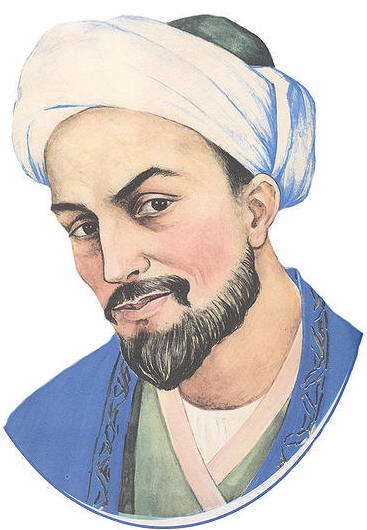Hazrat Sheikh Saadi Shirazi, familiarly known as Saadi, was a renowned Persian poet, philosopher, and mystic who lived in the 13th century. The divisive poet’s verses have stood the test of time. Centuries have passed, but they are still the source of inspiration for people across the globe with their wisdom, humor, and sheer perspicacity of the human condition.
A Life Sketch
He was born in Persia’s present-day town of Shiraz in 1210. Not much information is available about his family background. However, history suggests that he received his initial education at his birthplace, Shiraz, which lived to become a burgeoning culture and literacy culture. Saadi possessed an extraordinary intellect and was passionate about attaining knowledge.
Education and Traveling
In his young days, Saadi journeyed across the Muslim world in search of himself. From Baghdad to Damascus and Jerusalem to Mecca, Saadi met scholars, mystics, and eminent people of his time to gain knowledge. His voyages had a long-lasting imprint on him, and they helped him become the poet he later became.
Experiences and impact
Throughout his voyages, he met people from all walks of life, from holy priests to kings and from poor people to mystics. The experiences that he got from his journeys played an essential role in shaping his poetical sanctity.
Literary creation
Most of Saadi’s immense and prolific creations revolve around his two most famous books, “Gulistan’ which means “The Rose Garden,” and “Bustan,” which means “The Orchard.” These books contain both poetry and prose about various aspects of moral, character, justice, and spiritual values in human life.
The Gulistan
The Gulistan is by far the most famous work of Saadi, comprising a variety of moral stories and anecdotes that are as educational as they are entertaining. Through allegories and subtle remarks, Saadi imparts eternal knowledge about the human spirit and the advantages of kindness, generosity, and humility. The Gulistan discusses several subjects, which include the significance of honesty and integrity and the stupidity of greed and conceit.
The Bustan
While the Gulistan is mainly written in prose, the Bustan is a set of poems that highlights Saadi’s poetic talent and lyrical expertise. The Bustan delves into the themes of love, spirituality, and achieving inner peace. Saadi’s verses are renowned for their simplicity, subtlety, and hidden meanings that talk to readers in distinct ways across centuries.
Philosophical Understandings
Saadi’s works were influenced by the Sufi tradition, which is concerned with self-awareness, spiritual maturity, and the upbringing of inherent virtues. He believed in the power of universal love and compassion, advocating for harmony amongst all people despite their variations.
Legacy and Impact
Although Saadi died a long time ago, his influence also lives on and transcends Iran’s boundaries. His literary contributions have worldwide significance since his books have been translated into numerous languages and are still popular among both poets and ordinary readers. Saadi’s profound knowledge and unfading impact on humankind’s philosophy designate him as one of the most influential figures in the world.
Conclusion
Hazrat Sheikh Saadi Shirazi’s achievements are a perfect representation of how literature possesses timelessness that enables it to overcome cultural differences over the years of different generations. The books of Saadi and his poems exemplify morals, spirituality, and the importance of living a meaningful life. Most importantly, The legacy of Saadi is evidence that his lessons are still applicable in our current ever-evolving modern era.




